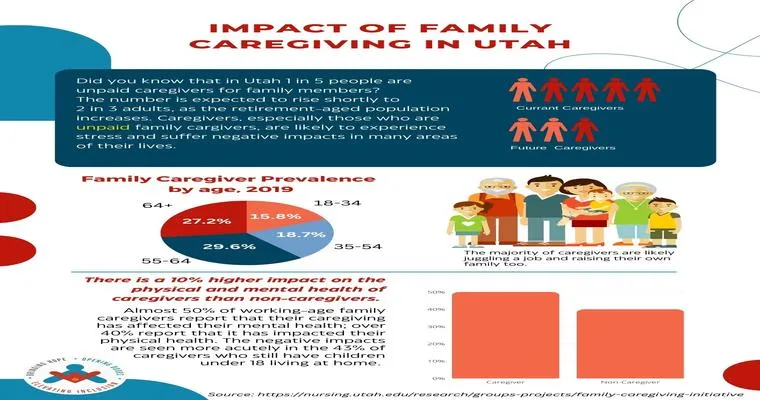In today's fast-paced world, many individuals find themselves in the challenging position of being "sandwich generation caregivers". This term refers to those who are tasked with the dual responsibility of caring for their aging parents while also supporting their own children. The "stress" and "emotional toll" of balancing these roles can be overwhelming, leading to feelings of being pulled in too many directions. As the population ages, understanding the dynamics of this unique caregiving role is increasingly important.
The sandwich generation is often made up of individuals in their 30s to 50s who are juggling the demands of both their parents and their children. Many face financial pressures, emotional challenges, and time constraints that complicate their daily lives. This dual caregiving role can lead to "caregiver burnout", a state of physical and emotional exhaustion that can affect overall well-being.
One of the most significant challenges faced by sandwich generation caregivers is the "financial burden" that comes with supporting two generations. Costs associated with elder care, such as medical expenses, home modifications, or even assisted living, can quickly add up. At the same time, caregivers are often responsible for their children's expenses, including education and extracurricular activities. This financial strain can create stress and anxiety, making it harder for caregivers to maintain a healthy work-life balance.
In addition to financial challenges, sandwich generation caregivers often experience feelings of guilt and frustration. They may feel guilty for not being able to provide enough attention to their children while also feeling inadequate in meeting their parents' needs. This emotional conflict can lead to increased stress and hinder the ability to enjoy quality time with loved ones.
To manage the complexities of being a sandwich generation caregiver, it is essential to establish clear boundaries. Caregivers should prioritize self-care and seek support from family members or professional services when needed. Joining support groups can also provide a sense of community and understanding, helping caregivers feel less isolated in their experiences.
Creating a balanced schedule is another effective strategy for managing the demands of caregiving. By allocating specific times for caregiving duties and personal time, individuals can achieve a better equilibrium in their daily lives. This approach not only benefits the caregiver but also positively impacts the quality of care provided to both children and parents.
In conclusion, the life of a sandwich generation caregiver is filled with unique challenges that can lead to feelings of being pulled in too many directions. By recognizing the emotional and financial strains, establishing boundaries, and prioritizing self-care, caregivers can navigate this demanding role more effectively. Understanding and addressing these issues is crucial for maintaining both personal well-being and the health of the loved ones they care for.





